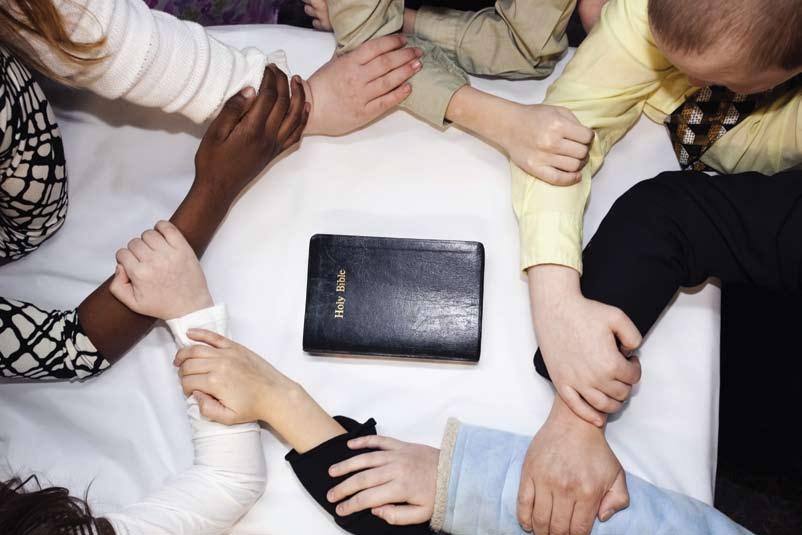pictures of God by Joanna Plett
Crossing over
I
PHOTO: Joanna plett
walked to America the other day. When we assume that borders— Now before you start compliwhether national, social, or theologmenting me on my impressive ical-have always existed and always exercise regimen, I should clarify will exist, we lose sight of the human that it was only the distance across element to them. We negate rethe Rainbow Bridge at Niagara Falls. sponsibility by forgetting that these It was simple. I put fifty cents in borders were created by people and the turnstile and entered no man’s are maintained by people, sometimes land. Five minutes later an official on ourselves. the other side of the bridge directed Often we use borders to justify me to the door into the United pride. Technology and education can States. The whole experience really convince us that we are inherently revealed the absurdity of borders. and culturally superior to those in Someone somewhere decided less developed regions. We forget that this particular river would that Africans were not always poorer divide Canada from the United than Britons, that Natives did not States and would cement the distinct always live on reserves, that not all difference between those living Middle Easterners are Muslim, and metres from each other on opposite not all Muslims are terrorists. sides of the border. Similarly, longstanding theoAll too often, we as Christians logical differences, marked off by adopt without question the brightly denominational borders, can concoloured maps of our society. vince us of our spiritual superiority Canada-U.S., Rich-Poor, East-West, and justify pride and judgemental Christian-Muslim, Protestantattitudes towards other Christians. Catholic, Liberal-Conservative. Instead of building bridges between While some of these borders might denominations, we create borders to be helpful as organizational tools, define our greater spirituality. we often use them to validate our Breaking down borders is lifestyle, our opinions, our attitudes, dangerous. First, it requires change. or our choices. Jesus came to earth to draw Kingdom maps by erasing borders between Jew and Gentile, slave and free, man and woman, God and humanity. He called his followers to do the same. Borders create comfortable spaces for us. We use them to defend ourselves, to define ourselves, and to protect ourselves from awkward conversations and Rainbow Bridge, Niagara Falls glaring injustices. 34
THE MESSENGER | May 2010
It is easier to embrace pre-existing borders, especially if they were created generations ago, than to challenge their validity and question the foundations that made them borders in the first place.
While some borders might be helpful as organizational tools, we often use them to validate our lifestyle, our opinions, our attitudes, or our choices. Second, it requires humility. In approaching longstanding divisions, we have to be willing to learn about the events and attitudes from both sides that created these borders and that maintain them. We have to approach as learners, willing to hear about the experiences and perspectives of the other side. Third, it requires sacrifice. Whether it is the financial advantage of living in the West or the legitimization of pride, borders grant some advantage to those who created them. When we move forward to break down borders, we have to be willing to sacrifice the advantages and justifications we derived from them. Although we are called to stand for radical truth, Jesus challenged us to break down the social divisions that keep us from sharing that radical truth with those on the “other” side.











